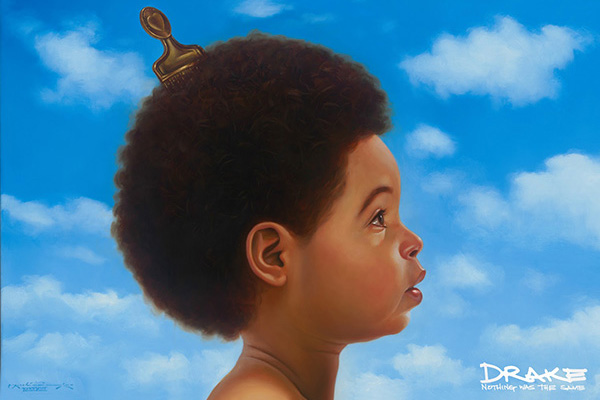
Hype for Drake’s new album “Nothing Was the Same” remained high throughout the summer, but with that hype came singles that implied the rapper was moving in a different musical direction. On his previous album “Take Care,” the listener felt as though Drake was using the album as a confession — even the rapper’s bragging often seemed like an intimate revelation. After all, the line between self-promotion and self-doubt can be a thin one.
But the release of early single “Started from the Bottom” marked a transition for the rapper. In the song, the same gauzy atmosphere of “Take Care” could be heard, and Drake’s heart remained firmly on his sleeve. But his braggadocio was less ambivalent than early “Take Care” releases such as “Marvin’s Room.” Then, when he collaborated with Migos on “Versace,” it seemed that maybe Drake was, in fact, trying something new — the song was about money, not emotions.
Now upon its release, “Nothing Was The Same” feels like a misnomer — the album is actually quite similar to “Take Care.” “Nothing Was the Same” also balances bragging with self-criticism and emotional confession with seduction. Drake emphasizes hip-hop’s central place in his music — most explicitly with “Wu-Tang Forever” — but he refuses to shy away from the confessions that some say emasculate him as a rapper.
The album also includes more pillow talk and intimate conversation. On “Furthest Thing,” Drake is painfully earnest — despite his newfound fame, he’s still “the furthest thing from perfect/Like everyone I know.” “Versace” certainly seem far off, as Drake relates the less glamorous, unnerving side of success.
“Nothing Was the Same” pushes the envelope with instrumentation. These songs are more atmospheric and fuller than the thin background haze of “Take Care,” especially on soaring standout “Hold On We’re Going Home.” With this album, Drake continues to be seen as a complex figure, due to the way he rotates between the glamour of the rap lifestyle and his own humanity. By narrating this struggle for the listener, the rapper forces us to re-examine our ideas about hip-hop and masculinity.
A version of this article appeared in the Tuesday, Sept. 24 print edition. Jake Folsom is music editor. Email him at [email protected].




















































































































































